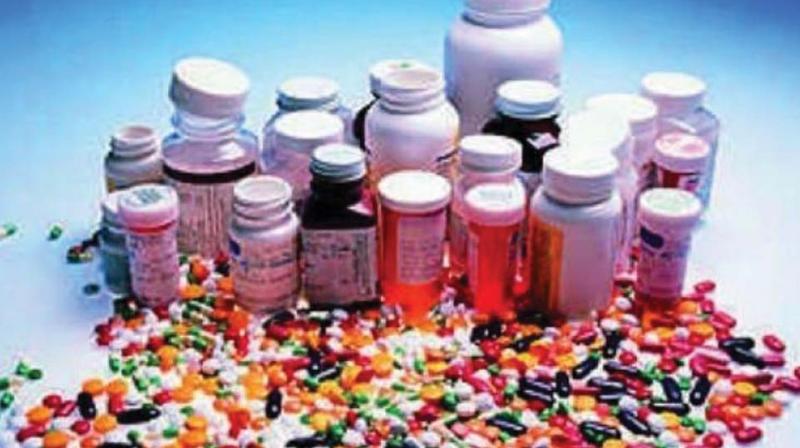Banned drugs freely available in medical shops

BENGALURU: Though many drugs with harmful side-effects have been banned worldwide, they continue to be freely available at medical stores in India and some don’t even require a doctor’s prescription. Experts have raised doubts about the effectiveness of healthcare regulatory bodies in the country. Dr Usha Manjunath, Director, Institute of Health Management Research (IIHMR), said, “The awareness among the public, physicians and other intermediaries in the pharma sector is highly variable and often low regarding banned drugs. Over the counter (OTC) drugs, which are banned, continue to be stocked in pharmacies and people continue to buy them without much thought.”
She pointed out that India has high out of pocket expenditure (nearly 90% of that is towards buying medicines). “Low-priced medicines, even if banned, may be a good option to sell as people may purchase them,” she added. India has only 515 medicines, which are sold by 3,000 different names. Some of these medicines are banned all over the world and the production and selling of these medicines is considered a crime. Many of them can lead to paralysis, cancer, blindness, and many other diseases.
“In the past, drug sales was very weakly regulated in our country and many medicines that were banned in some of the western countries were available here. Also the patients could buy prescription drugs including narcotics over the counter from the pharmacists. Fortunately now the regulatory authorities have clamped down and many of these practices are changing,” said Dr Sudarshan Ballal, Chairman, Manipal Hospitals.
Recently, the Indian government banned around 344 fixed dosed combination drugs, including Pfizer's cough syrup Corex, Procter & Gamble's Vicks Action 500 Extra and Crocin Cold and Flu, citing their potential risks, but they are still widely used. The government also extended the ban to common medicines such as D-Cold Total, Sumo, Gastrogyl, Chericof, Nasivion, Nimulid, Dolo, Decoff, O2 and Oflox. Dr Sachin Sinha, secretary, Narain Sewa Sansthan stressed that some of these drugs are frequently used for the wrong purposes by people from lower economic strata, which needs to be seriously looked into.
Dr Usha also said that monitoring and law enforcement of banned drugs is neither easy nor is effectively carried out. “When new drugs enter the market, a combination of post – market surveillance of new drugs and regulatory activity to get information about side-effects from physicians, hospitals, patients etc. does not work effectively in India. In some situations banned drugs may be the only option as newer drugs may not be available in the market. And many drugs banned in developed countries are easily available in India,” she added.

